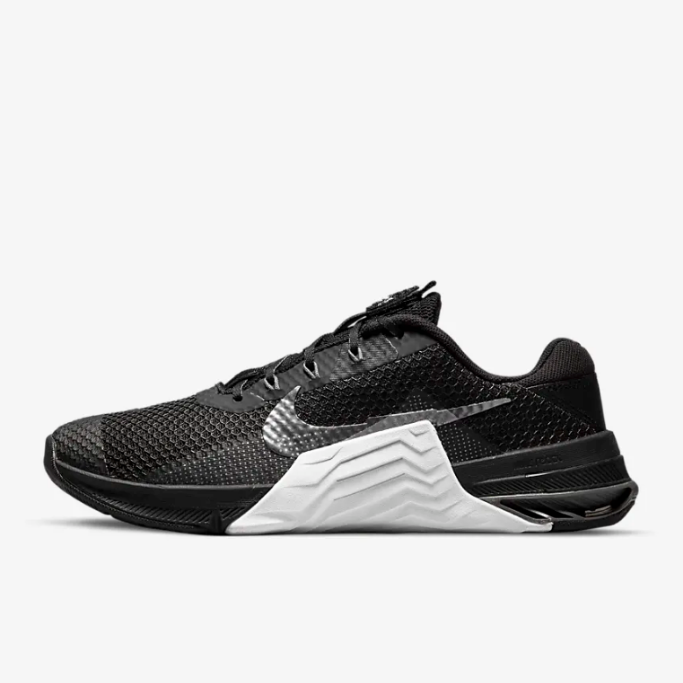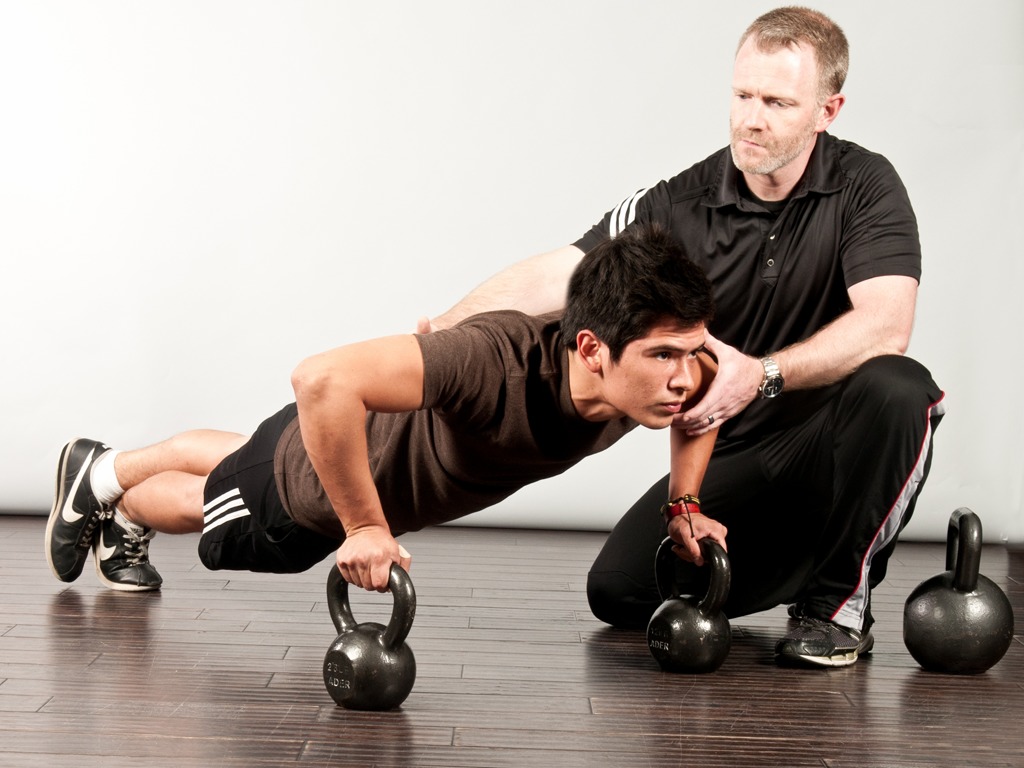
You will help people achieve their fitness goals as a Tennessee personal trainer. They can lose weight and create exercise plans for festival season. A certification can help you earn a high salary. However, to get a job you need a college certificate.
Certified personal trainer
Nashville, TN offers a wide range of certified personal training jobs. These jobs require extensive knowledge and training. Most of these jobs require at minimum a college degree. They also require certification from a nationally recognized organization. Whatever certification program is chosen, it is important you know the requirements for becoming a certified personal trainer in Tennessee.
Health and fitness clubs are the largest employers of personal coaches in Tennessee. Exclusive Fitness employs six personal trainers. Each one specializes in a different area. These trainers are responsible to teach one-on–one and group fitness classes. They may also be responsible for teaching yoga or Pilates classes.

You may be interested in writing for a health magazine if you are passionate about fitness. Muscle & Fitness Magazine, an online magazine, covers bodybuilding and health. The magazine also includes photo profiles of local singles. If you are interested in starting your own business, you will need to be able communicate effectively with clients and improve your selling skills.
College degree required
The right place to look if you're interested in a career as an individual trainer in Nashville is here. According to the Tennessee Department of Labor personal trainer jobs are expected to increase by 18 percent between 2022 and 2022. You'll be working with clients of all ages to achieve the physical fitness you desire in this rewarding field. Personal trainers work with clients to improve their fitness and prevent injuries. You will be working with clients of all fitness levels and ages, so you need to have a good understanding of nutrition and exercise. While you'll work with clients from different age groups, you'll be faced with various challenges that will make the job challenging and rewarding.
Before you begin a career as a personal trainer in Nashville, Tennessee, make sure that you have the right education and training background. Tennessee has a variety of accredited schools and colleges where you can earn a certificate in personal training. Make sure the personal trainer that you hire is licensed and insure.
Salary range
Looking for a new career in Nashville as a personal training professional? You've come to right place. The state of Tennessee is home to pristine rivers, extensive trail systems, and state-of-the-art fitness facilities. Personal trainers can build the community and earn a great salary.

Personal trainers in Nashville, Tennessee make an average of $49,371, which is about $24 per hour. This salary is about 7% lower than that of the national average. A bonus of $755 is included in the average salary. ERI's data on salary surveys shows that personal trainers in entry-level positions make an average salary of $36,364, while seniors make an average income of $60,221 per annum. The average salary increases over five year is 11 percent.
The salary range for personal trainer jobs in Nashville, Tennessee is $29 to $166 per session. This range includes travel compensation to a client's house, gym, or park. However, fees charged by gyms for personal training sessions are usually high and often require a hefty membership. These gyms do not allow clients the freedom to choose their own personal trainer and don't offer refunds for any reason.
FAQ
What are Cardio Exercises?
Cardiovascular exercises are those that require your heart and lungs to work harder than normal. Swimming, cycling, rowing, and jogging are all examples. These activities increase metabolism and burn fat. They are also great ways to keep fit.
Is it possible to look too thin?
Yes! Both being underweight and having an eating disorder can be dangerous. It is not normal for someone to weigh less than their ideal height. You may also feel tired, weak, dizzy, and experience other symptoms that could indicate being underweight.
Do I need to drink alcohol while working out?
Drinking alcohol is high in calories so it's best to not consume too much while working out. Moderate alcohol consumption (one drink per week) can help increase endurance during training. It may also reduce fatigue from exercise and muscle aches.
Is it possible to gain weight by exercising?
Not at all. You can even maintain your weight by exercising. Training regularly can help you build muscles, increase your metabolism, and burn more calories. This means your body will not store as much fat.
How many hours of sleep should you get each night?
The recommended amount of sleep varies depending on age, gender, and individual needs. Adults require 7 to 9 hours sleep per night. Teenagers and children need approximately 10 hours of sleep per day, although this number decreases with age.
Can I exercise after eating?
It depends on what type of exercise you're performing. After meals, avoid strenuous physical activity because it could cause stomach cramps. Focus on light aerobic activities such as biking or brisk walking.
Can I eat during my exercise?
Yes. While you're working out, you can eat whatever you'd like. Watermelon, grapes (or carrots or celery), watermelon, grapes, apples, bananas or apples are all low-calorie snacks. These foods have nutrients that can help you perform better in your workouts.
Statistics
- One study showed that adults who watch more than 4 hours of television daily had an 80% higher risk of death from cardiovascular disease. (heart.org)
- Physical activity confers the following maternal and fetal health benefits: a decreased risk of pre-eclampsia, gestational hypertension, gestational diabetes (for example, 30% reduction in risk) (who.int)
- According to the Centers for Disease Control and Prevention, chronic diseases cause 7 out of 10 deaths in the U.S., and treating chronic diseases accounts for 86% of U.S. healthcare costs. (mana.md)
- Globally, 28% of adults aged 18 and over were not active enough in 2016 (men 23% and women 32%). (who.int)
External Links
How To
How to Burn Belly Fats Quicker
When we are trying to lose weight, belly fat is often seen as a problem. It's actually a good thing, in fact. It is the fat in your stomach that protects your organs. So let's see how to burn belly fat fast.
The main factors that lead to body fat storage are stress and lack exercise. Stress makes us feel hungry constantly because it stimulates the production of the cortisol hormone. Cortisol can increase insulin levels in the blood. Insulin then stores excess calories as fat. Lack of sleep causes the release of adrenaline into our system, leading to increased appetite. These extra calories can be broken down by exercising.
There are many ways to reduce belly fat. All of these methods can be used, depending on your budget. Here are some tips to help you get rid of belly fat quickly.
-
Eat less food. Instead of eating three large meals a day, eat smaller meals. You will eat less calories in general.
-
Drink plenty of fluids. Water flushes out toxins and keeps you hydrated. Drinking water before meals will help you feel fuller for longer, so you don't overeat.
-
Avoid unhealthy snacks. If you're looking for quick fixes, snack foods like chips, cookies, candies, etc. might seem tempting. These sugary treats have lots of empty calories so avoid them. Choose healthy options like whole grains, fruits, vegetables, nuts, seeds and nuts.
-
Strength training should be done at least three times per week. Strength training builds muscle mass that burns more calories, even when it is done while you rest. It also strengthens bones, muscles, ligaments, tendons, the heart, lungs, and joints.
-
Stretching and walking are good habits. Stretching improves flexibility and mobility which can reduce back pain. Walking is a great way of burning calories, especially when you do it for just 30 minutes.
-
Reduce alcohol intake. Avoid alcohol.
-
Reduce your weight gradually. Your current weight is the first step to losing weight. Calculate your ideal weight by adding approximately 5% to 10% of the total weight. Once you have calculated your target weight, start reducing calorie consumption by 500-1000 calories daily until you reach your goal.
-
Avoid processed foods. These foods are high-in salt, sugar, as well as preservatives. Processed foods are often very convenient but don't provide enough nutrients to keep you healthy.
-
Don't skip breakfast! Consuming breakfast increases concentration, memory and energy levels. Breakfast should contain protein (like eggs), fibre (like oats), as well as complex carbohydrates (like oatmeal).
-
Have regular bowel movements. Constipation or irregularity can lead to gas and bloating. You can prevent this by drinking lots of water and increasing your fiber intake.